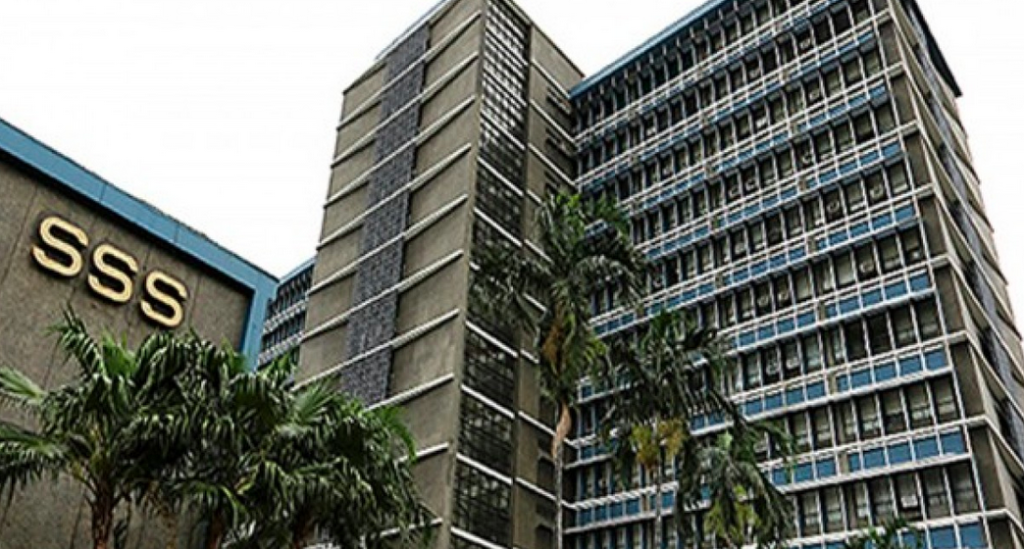The Social Security System (SSS) reminds all employers, registered and unregistered, to be compliant with their legal obligations to their employees, regardless of employment status, to avoid criminal prosecution under the provisions of Republic Act No. 11199 or the Social Security Act of 2018.
“Although, we are still coping with the financial crisis brought about by the COVID-19 pandemic, business owners are still expected to fulfill their statutory obligations to secure the welfare and interests of their workers,” SSS President and Chief Executive Officer Aurora C. Ignacio said.
Under RA 11199, employers are mandated to register their businesses with the SSS by accomplishing the Employer Registration Form (SS Form R-1) and to report all their employees for SSS coverage using the Employment Report Form (SS Form R-1A) within 30 days from actual employment date. They should also deduct from the employee’s salaries/wages the employee share in the monthly SSS contribution and pay together with the employer share of the contribution including the Employees’ Compensation (EC) contribution, and remit these to the SSS through the branch offices with tellering facilities or through SSS accredited banks and collection partners within the prescribed schedule of payments. For the list of SSS partner banks and the different payment channels, employers may access the link https://bit.ly/3lpPYaR.
Aside from deduction and remittance of SSS contributions, employers should deduct/withhold from employees’ salaries/wages their monthly loan amortizations based on the scheduled payment deadlines and remit the same to the nearest SSS branch office with tellering services or SSS accredited collecting partners. It is also the responsibility of the employers to submit the Loan Collection list online through their My.SSS account at the SSS website.
“We have also been receiving reports of unposted loan payments from our employed members. However, employers have failed to submit the loan collection lists to SSS which is very important since it is the basis for the crediting of loan payments to the member’s account,” Ignacio explained.
The SSS Chief also reiterated that employers should pay in advance their employees’ SS and EC sickness benefits, and maternity benefits due to qualified female employees. Registered employers may now submit online their sickness benefit reimbursement applications (SBRA) and maternity benefit reimbursement applications (MBRA) through their My.SSS account. Procedures for the online submission may be found in the following linkshttps://bit.ly/2Ve5XQz and https://bit.ly/3yjeS1B, respectively.
Failure or refusal to comply with the provisions of RA 11199 by the employer is punishable by a fine of not less than P5,000.00 nor more than P20,000.00, or imprisonment for not less than six (6) years and one (1) day nor more than twelve (12) years or both, at the discretion of the court. But, if the violation consists in failure or refusal to register employees or himself, in case of the covered self-employed, or to deduct contributions from the employee’s compensation and remit the same to the SSS, the penalty shall be a fine of not less than P5,000.00 nor more than P20,000.00 and imprisonment for not less than six years and one day nor more than 12 years. In case the employer deducted the SS contribution or loan amortization from employee’s salary/wages but failed to remit to the SSS, the imposable penalty shall be that provided under Article 315 of the Revised Penal Code on Estafa which provides an imprisonment not exceeding twenty (20) years. Other sanctions which may be imposed against delinquent employers are the issuance of Warrant of Distraint, Levy and/or Garnishment; and non-issuance of SSS Certificate of Compliance/Clearance.
